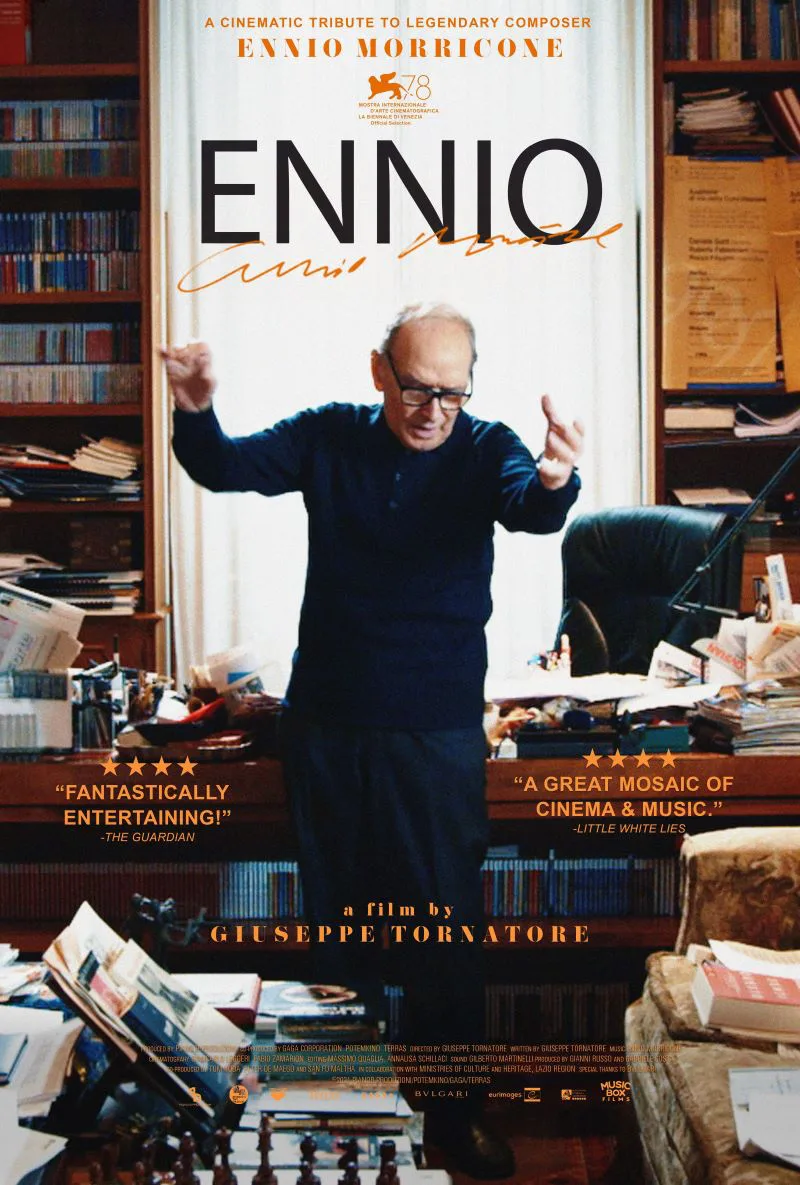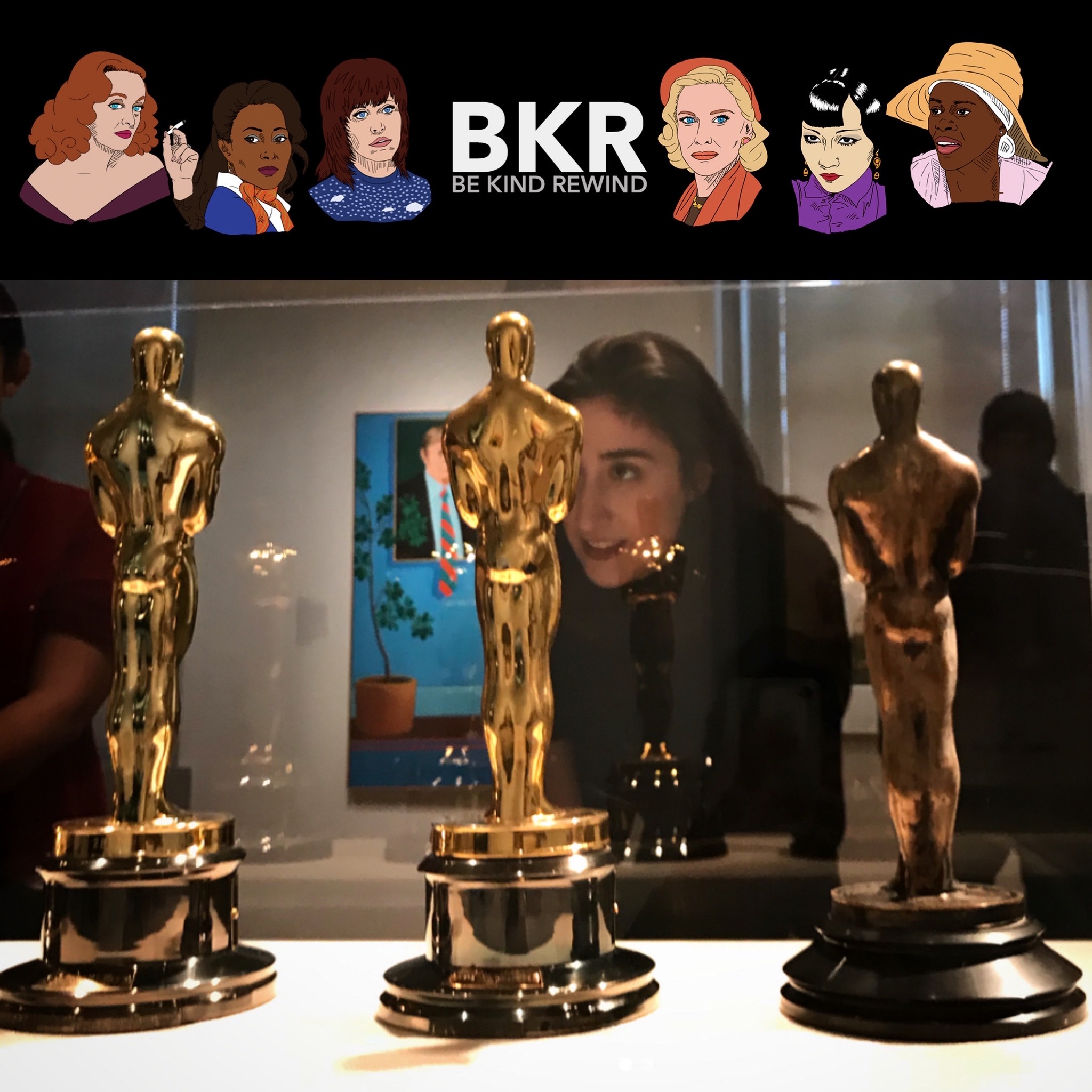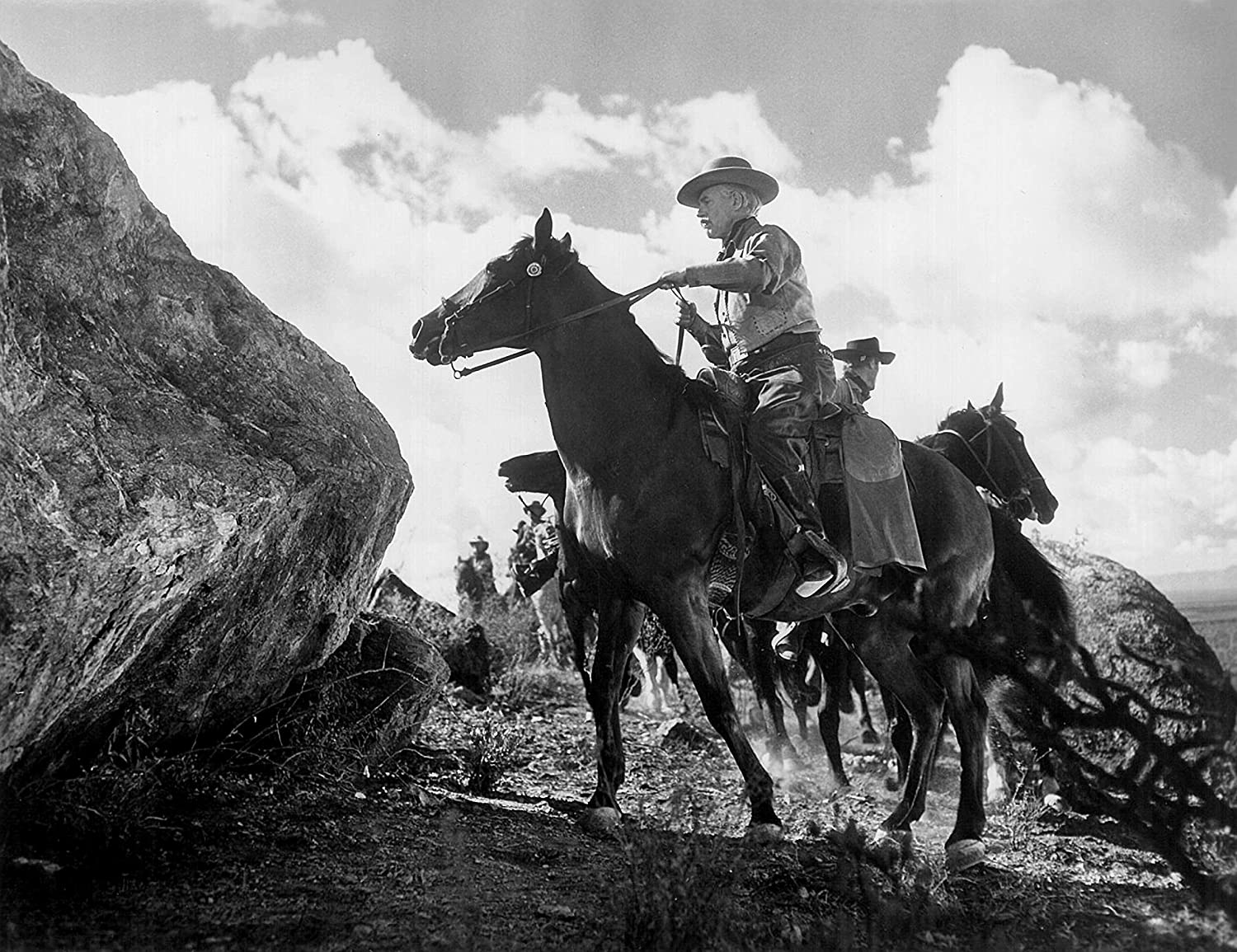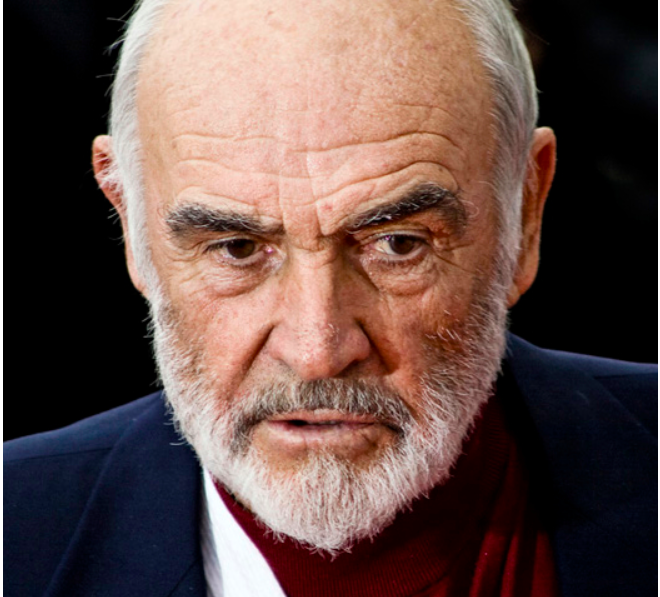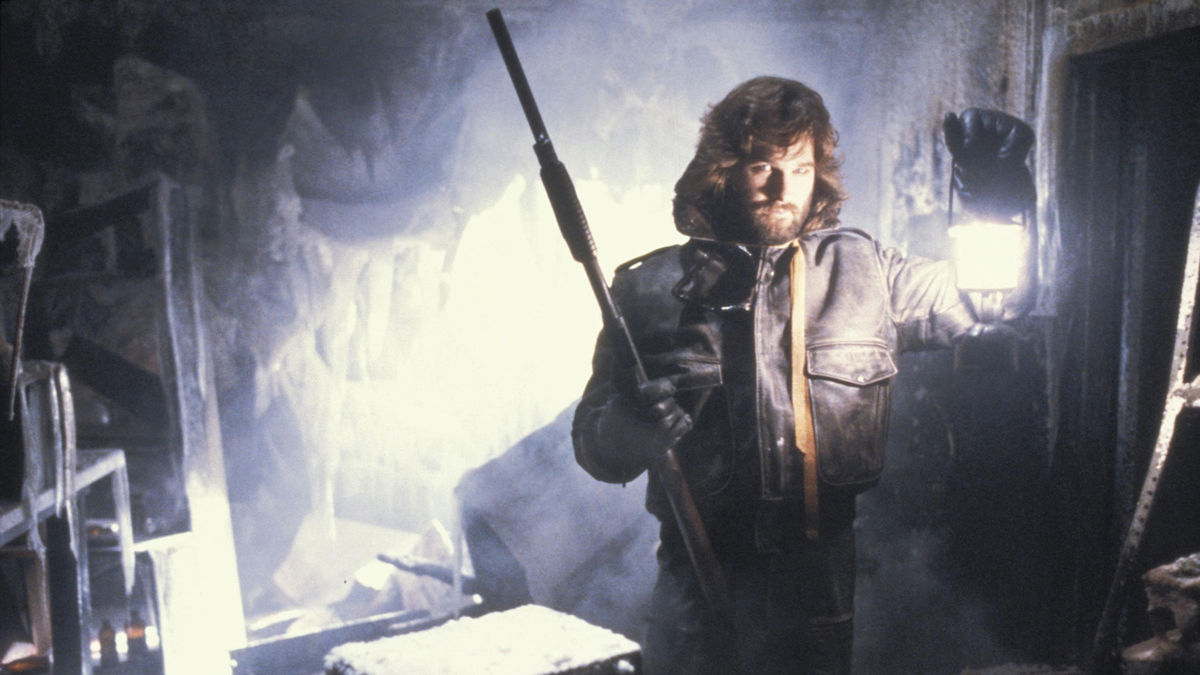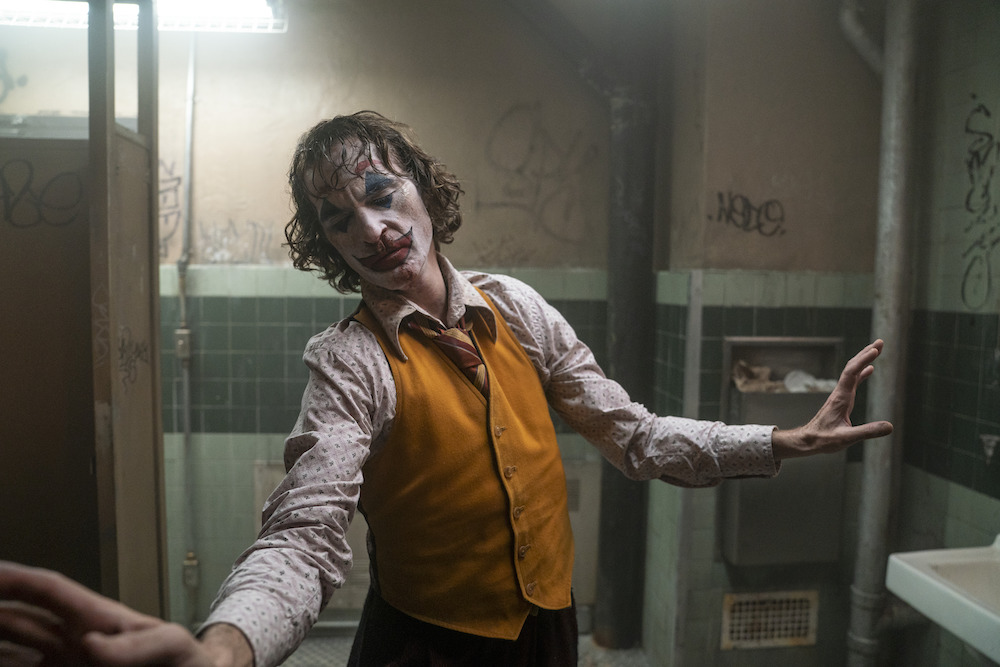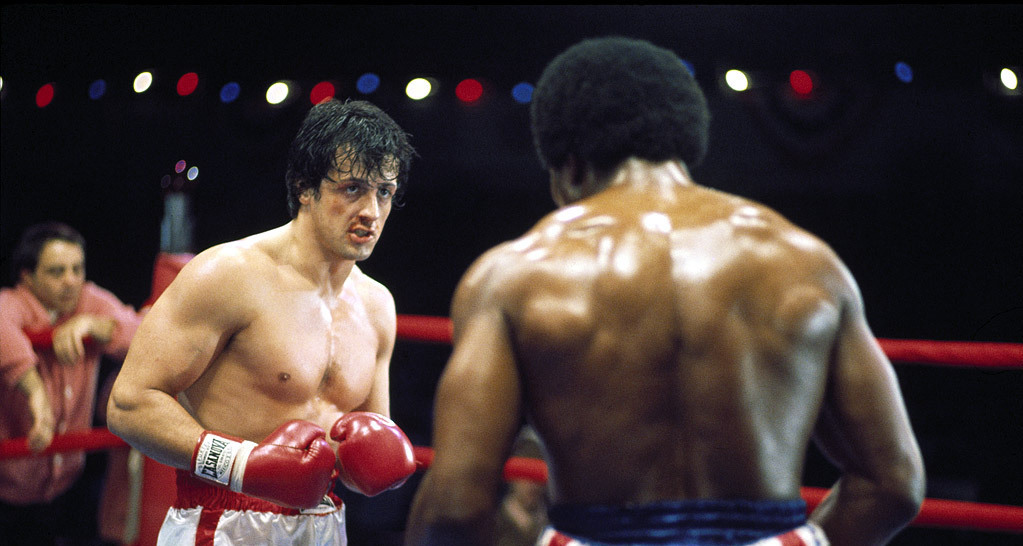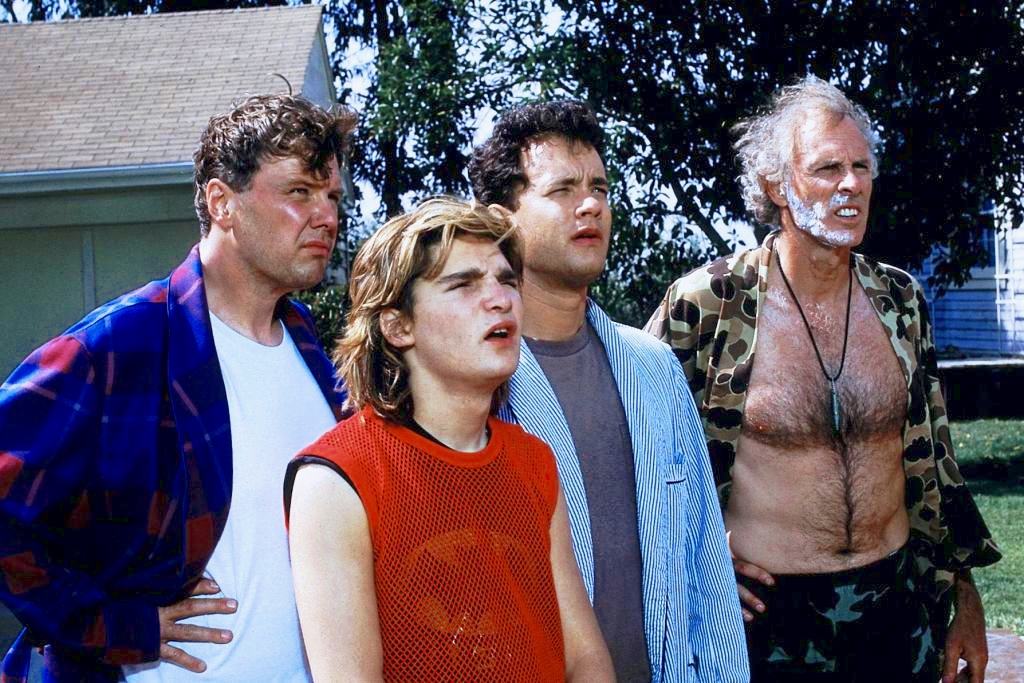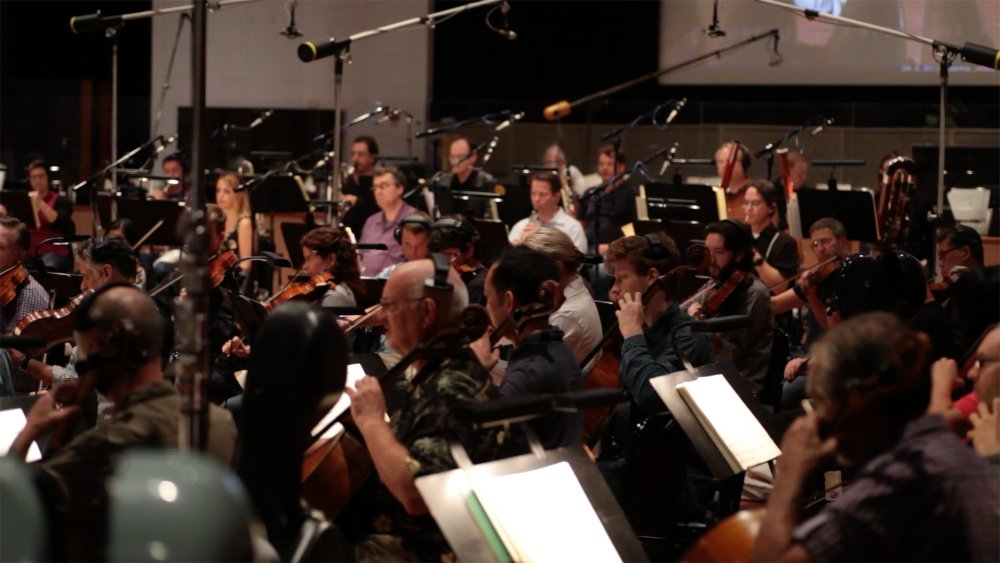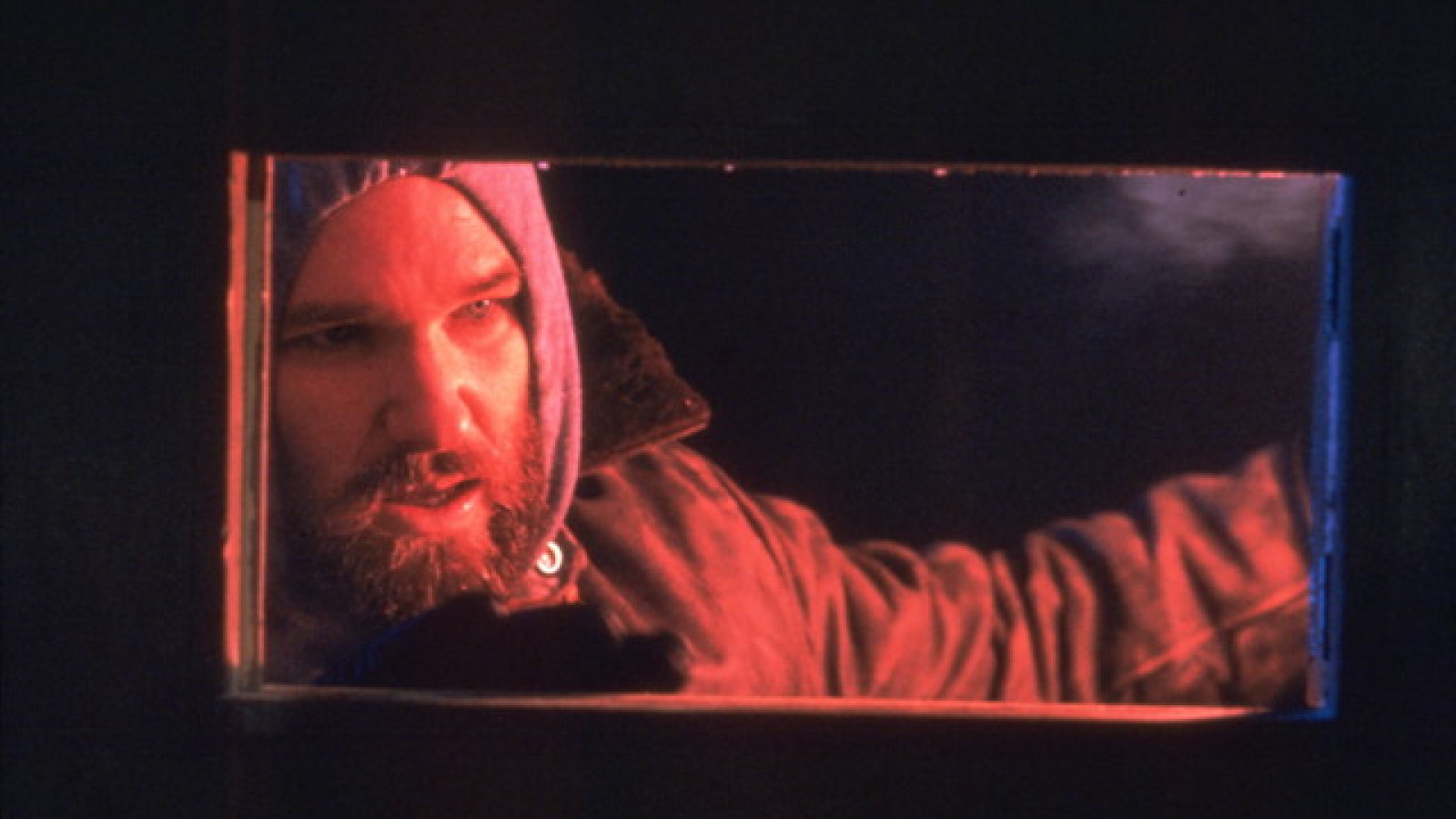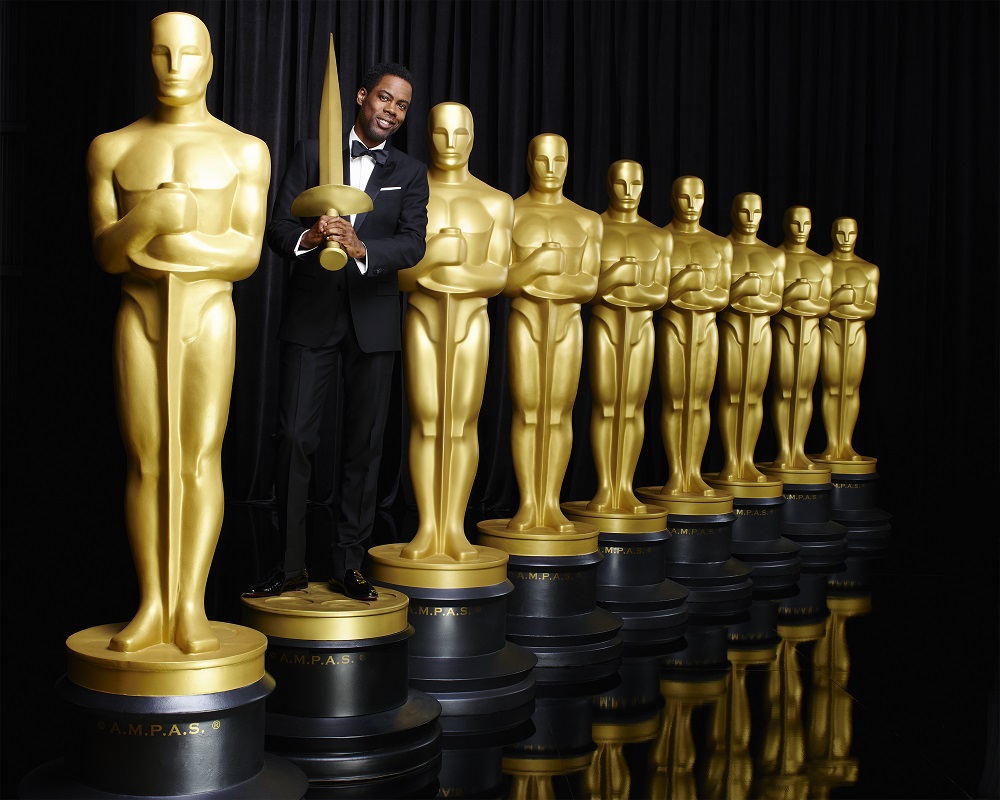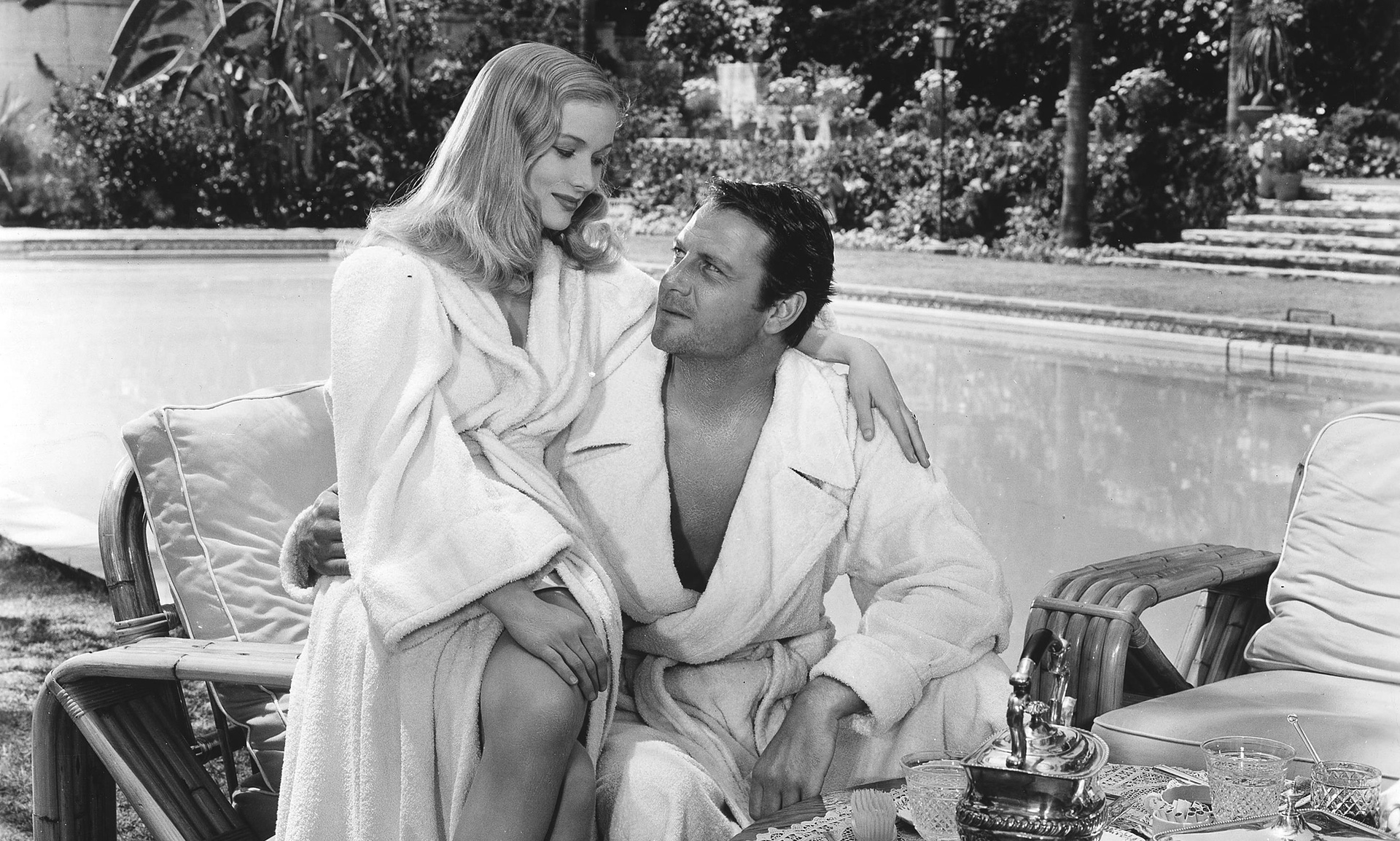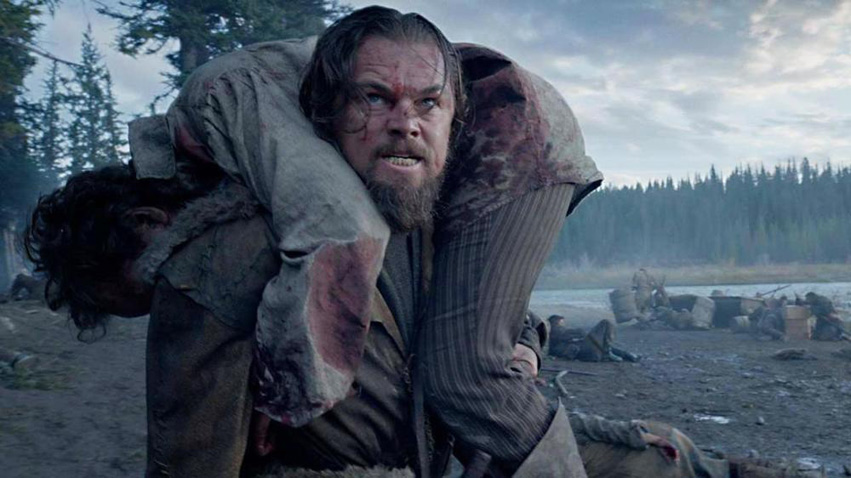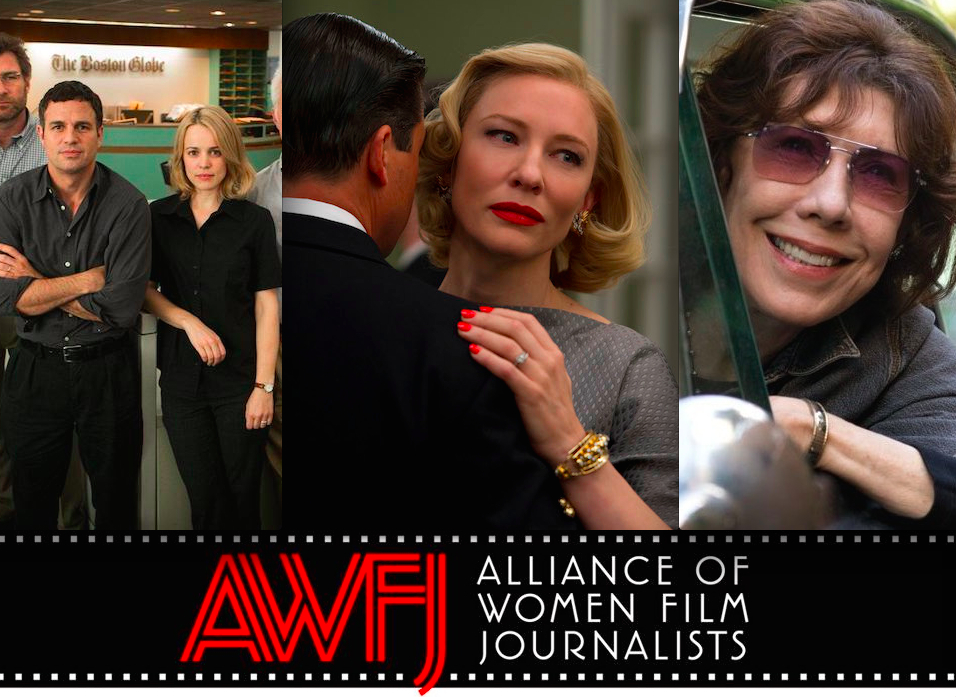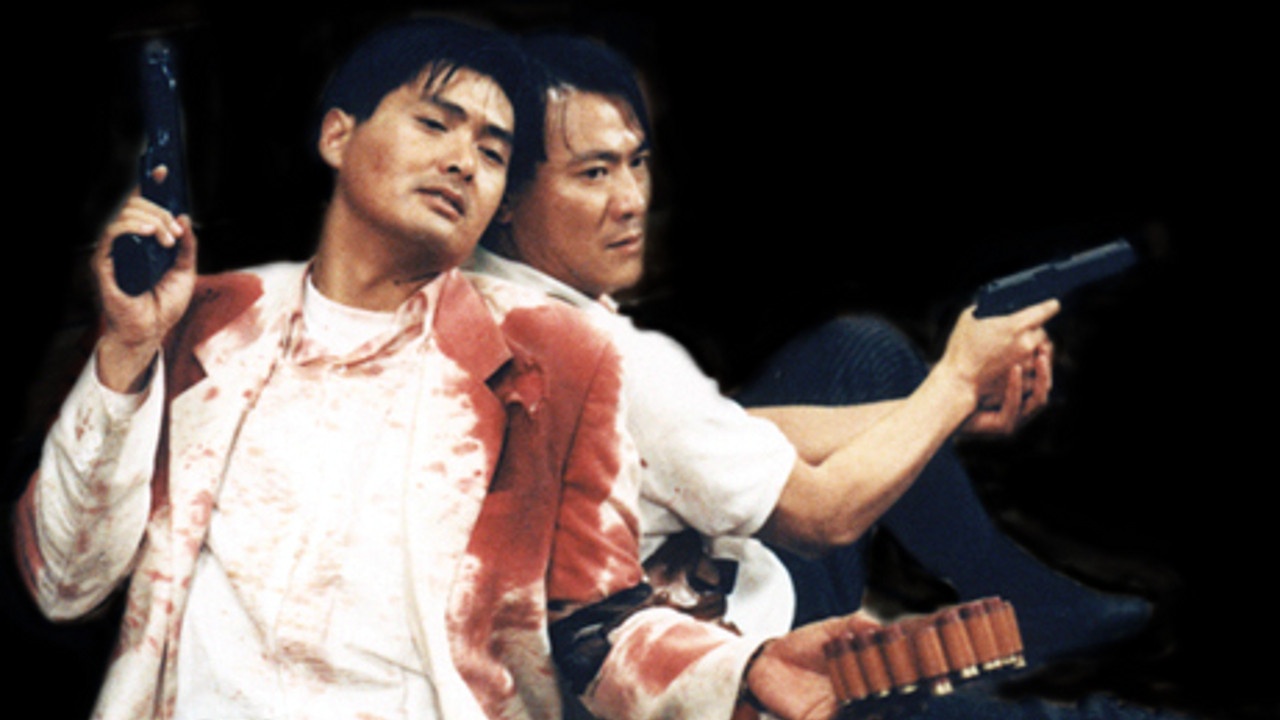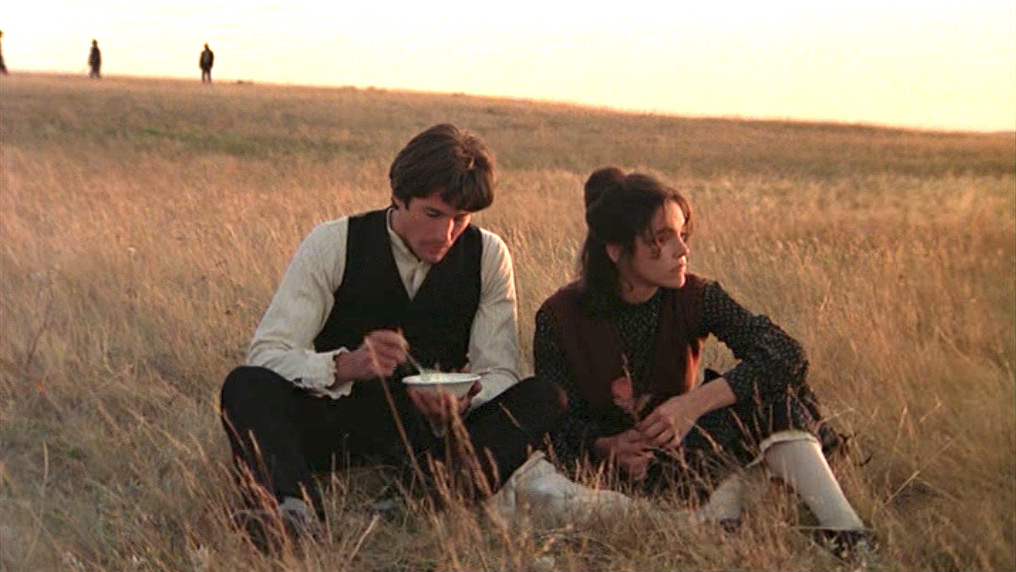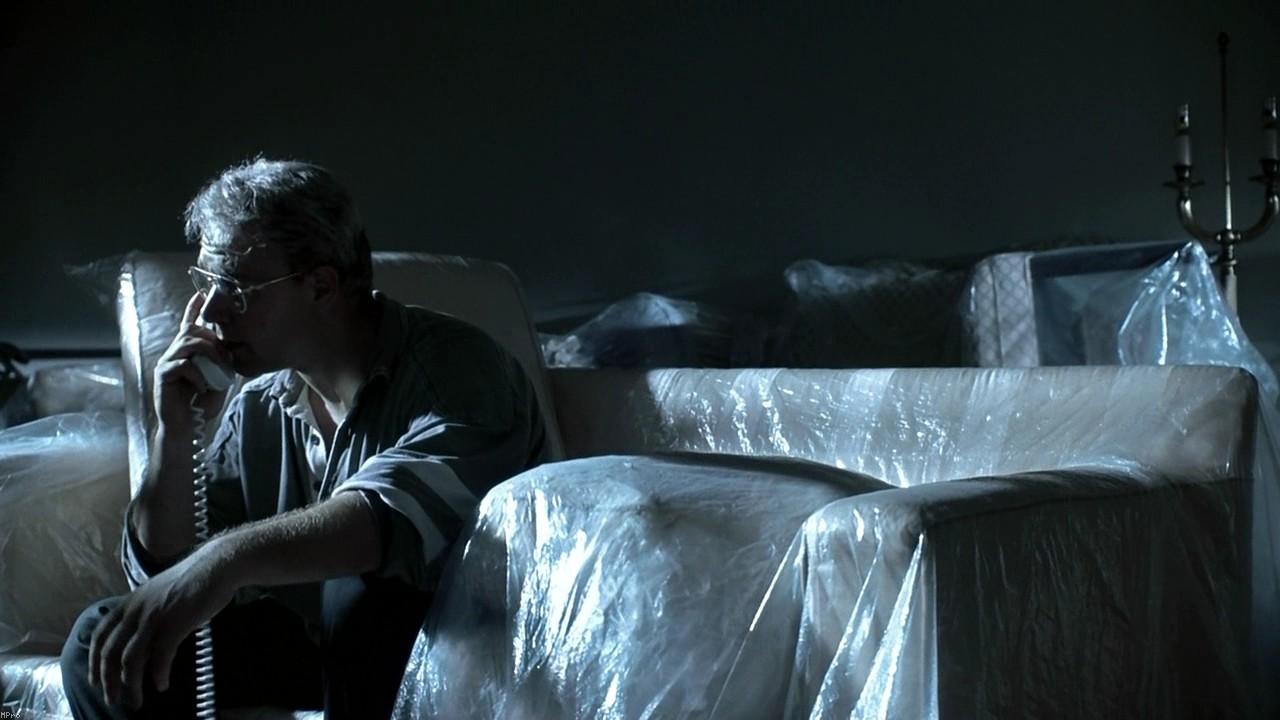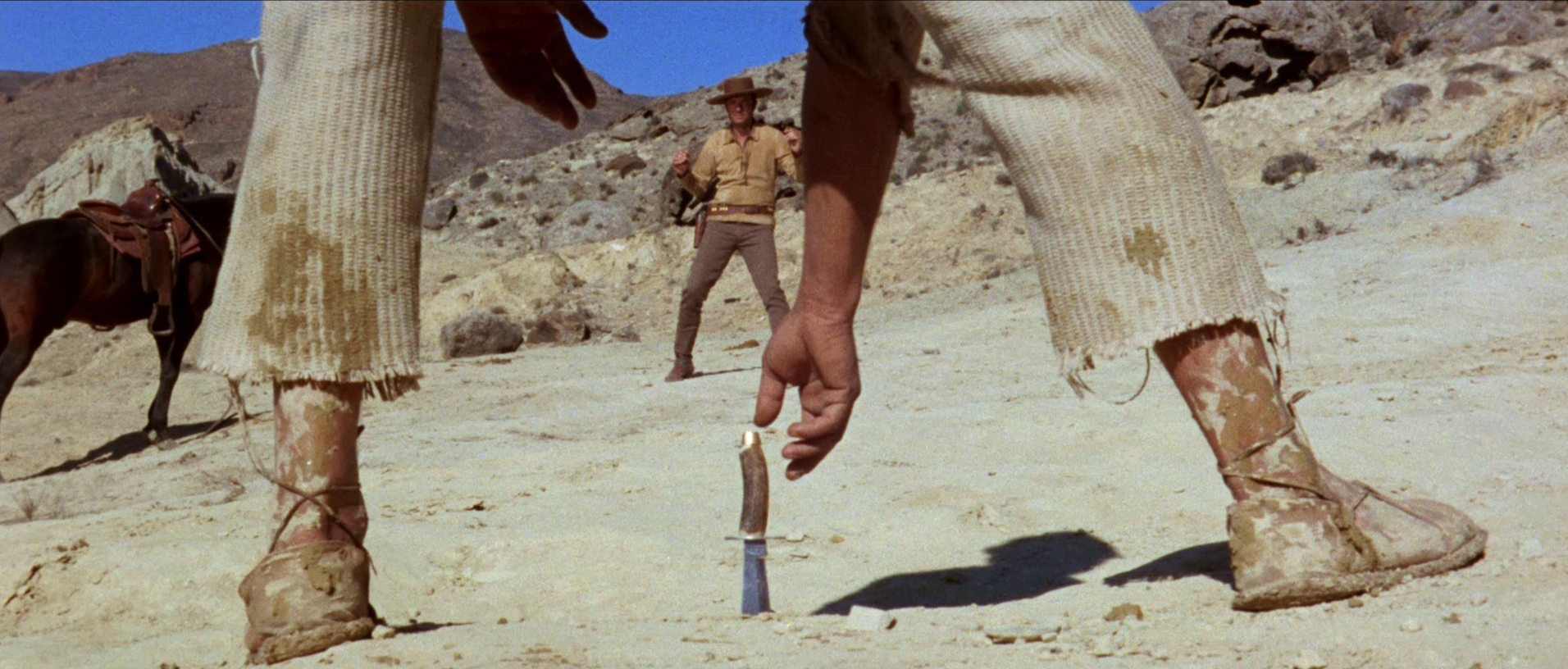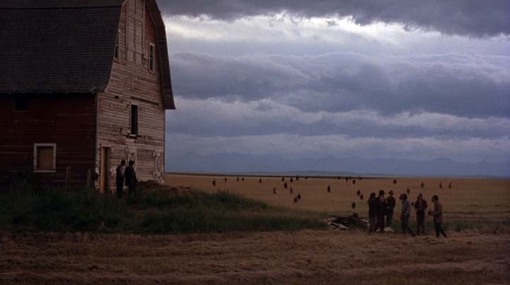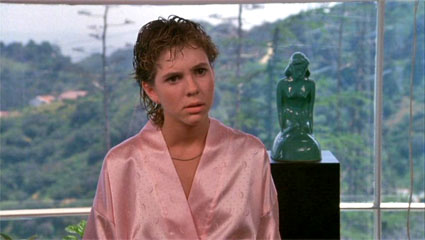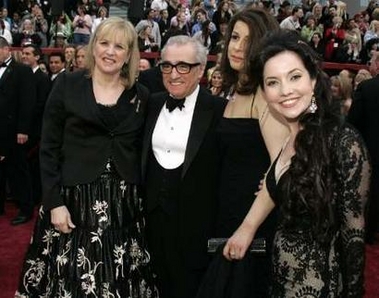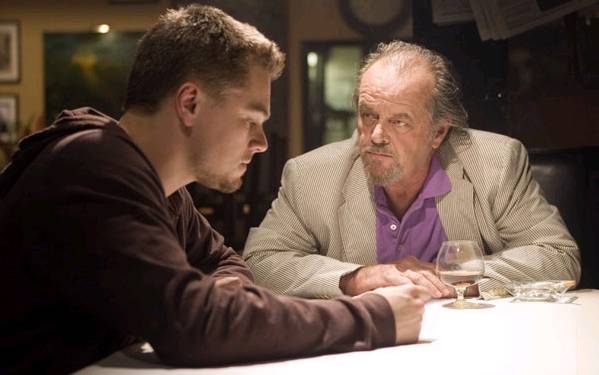Ennio Morricone Movie Reviews
Blog Posts That Mention Ennio Morricone
Ennio Morricone: 1928-2020
Charlie Brigden
Thumbnails 7/20/20
Matt Fagerholm
Thumbnails 7/17/15
Matt Fagerholm
Blu-ray: Higher fidelity to what?
Jim Emerson
Venice Film Festival 2022: The Biennale College and Classics
Glenn Kenny
Home Entertainment Guide: May 2021
Brian Tallerico
Bonded and Unbound: Sean Connery, 1930-2020
Matt Zoller Seitz
Why The Thing is One of the Most Effective Horror Movies Ever Made
Wael Khairy
The 2020 Oscar-Nominated Scores
Charlie Brigden
Fanfare for a Fighter: The History and Evolution of the Rocky Theme
Charlie Brigden
Eighth Grade and the Political Currency of Being a Teenage Girl
Hannah Woodhead
We’re Still the Lunatics: A Special Edition of The ‘Burbs
Max Kyburz
The Heart of the Film: Matt Schrader and Marco Beltrami on “Score: A Film Music Documentary”
Laura Emerick
30 Minutes on: “The Thing” (1982)
Matt Zoller Seitz
“Spotlight,” “The Revenant,” “Mad Max: Fury Road” Win Big at Oscars
Susan Wloszczyna
Thumbnails 2/17/16
Matt Fagerholm
Complete List of 88th Academy Award Nominees
The Editors
Alliance of Women Film Journalists Announce 2015 EDA Winners
Chaz Ebert
“The Martian,” “The Revenant” Lead 73rd Golden Globe Awards
Jana Monji
CFCA Celebrates “Mad Max: Fury Road” with Five Awards, “Room” with Two
Nick Allen
“Mad Max: Fury Road,” “Carol” Lead 2015 CFCA Nominations
Brian Tallerico
“Carol,” “Trainwreck,” “Mr. Robot” Among 2016 Golden Globe Nominees
Matt Fagerholm
Thumbnails 9/22/15
Matt Fagerholm
30 Minutes on: “The Killer”
Matt Zoller Seitz
Book Excerpt: “Approaching the End: Imagining Apocalypse in American Film” by Peter Labuza
The Editors
From “Rio Bravo” to “The Insider”: The Western Roots of Michael Mann’s Film on Its 15th Anniversary
Scout Tafoya
Blu-ray Consumer Guide: February 19 2014
Glenn Kenny
Free sample of Ebert Club Newsletter
Roger Ebert
I have lunch with the mayor
Barbara Scharres
Days of Heaven: “Somewhere, I don’t know, over there…”
Jim Emerson
The Marty Show
Jim Emerson
White Dog: Video essay about a trained racist
Michael Mirasol
A film improved by butchering
Gerardo Valero
The spheres of the music
Roger Ebert
The Marty Show
Jim Emerson
Oscar winners
Roger Ebert
Oscar Nominations
Roger Ebert
Popular Reviews

The best movie reviews, in your inbox
